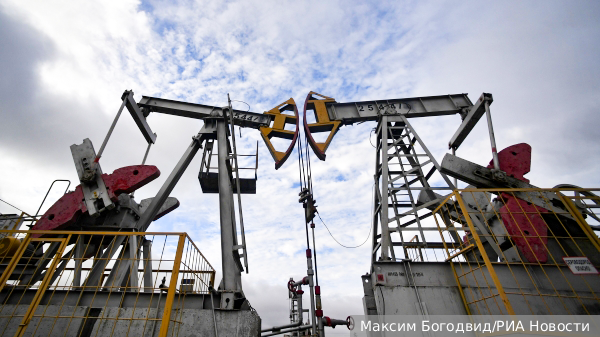
OPEC+ slippage: price indifference, hope for Brazil
By Rhod Mackenzie
The market paid little attention to the thirty-sixth OPEC+ oil producers club ministerial meeting held last Thursday. Although production cuts amounting to 2.2 million barrels per day were announced, oil prices rose briefly before slumping once again.
The production quotas for 2024 were established during the previous OPEC meeting in June this year and have since undergone minor technical clarifications. Rather than a matter of cutting quotas, the focus was on encouraging new voluntary restrictions among several alliance members.
However, these cuts were cunningly presented to the public. The final figure comprises Saudi Arabia's previous commitment of 1 million barrels per day (mbd) in June, valid until the end of 2023. Nevertheless, the kingdom has chosen to prolong it solely for the first quarter of next year.
Russia's self-restraint is calculated at 0.5 mbd, beginning from the May-June 2023 level, which had already undergone a reduction of 300 thousand barrels per day (bpd) as part of prior voluntary commitments. They have only agreed to reduce their output by an additional 200 TBD, and even with stipulations - the commitments are restricted to exports, and we have committed to restricting export supplies of petroleum products, not oil.
Once the OPEC statement is fully transparent, it will indicate a reduction to 696 TBD of new voluntary oil production restrictions by the six member countries of the expanded cartel (Iraq, UAE, Kuwait, Algeria, Kazakhstan, and Oman).
At an online summit held on 30th November, it was announced that Brazil will become a member of the OPEC+ Cooperation Charter as of January 2024, which is undoubtedly the most positive outcome of the meeting. Currently, Brazil is one of the top ten oil-producing countries globally, generating more than 160 million tonnes annually (equivalent to about 3.5 million barrels per day, mbd). This places it ahead of Kazakhstan and outweighs the combined oil production of "uncooperative African" nations, namely Angola, Nigeria, and Congo. Excluding OPEC+ members that do not participate in the production coordination mechanisms (Iran, Venezuela, Libya, and Iraq, which openly ignores its quota ceiling), Brazil holds the position of the fourth largest OPEC+ member in production, and consequently, contractual strength, after Russia, KSA, and the UAE.
Considering Brazil's plan to significantly increase their national oil production to 5 mbd by 2030 (which has already increased by 17% over the past year), their participation in the coordination mechanism played a crucial role for OPEC+. This is due to the fact that since the commencement of the self-restriction phase in Autumn 2022, its leaders have sacrificed a considerable market share to uphold preferential prices.
Russia's global production share has decreased to just under 13%, whereas the Saudis have significantly reduced their market share reducing to slightly above 11% over the past 14 months. It's apparent who took over the reins of restraint. In November 2023, the United States reinforced its position as the leader in global oil production by increasing its output to 13.24 mbd, equivalent to 16% of the global market.
No significant surge in the price of oil has been noticed. Currently, the values remain below the threshold from September 2022, when the extended cartel initiated a phase of agreed restraints. In light of this, it is necessary to reconsider the objectives and methodologies of the OPEC+ activities.
